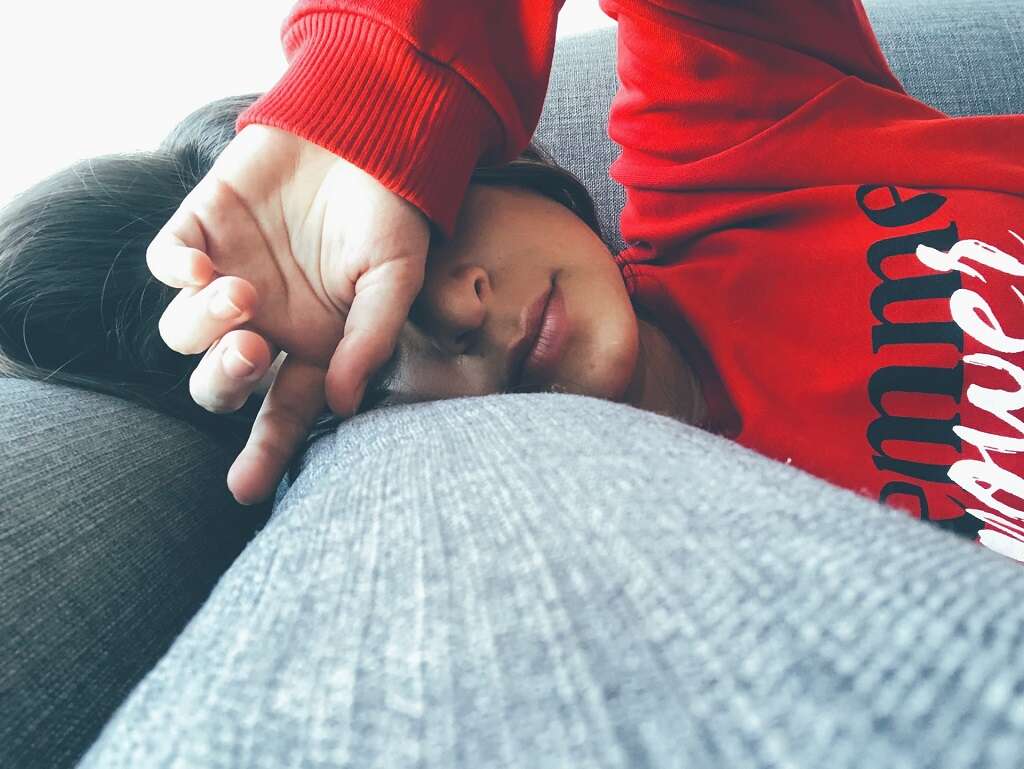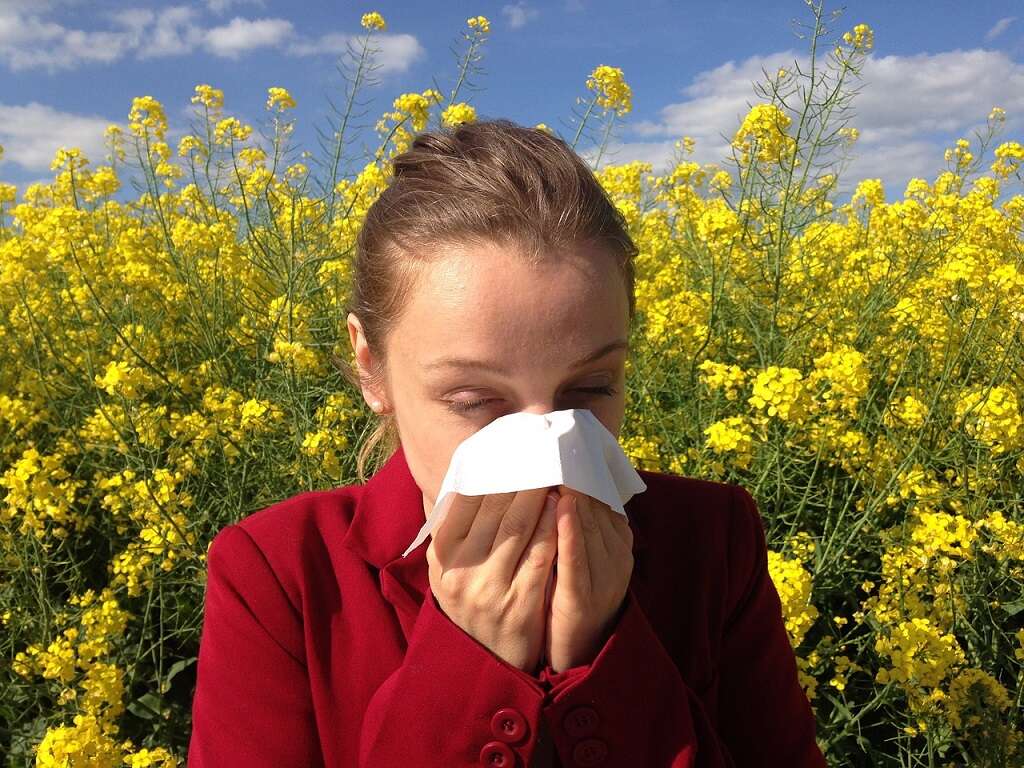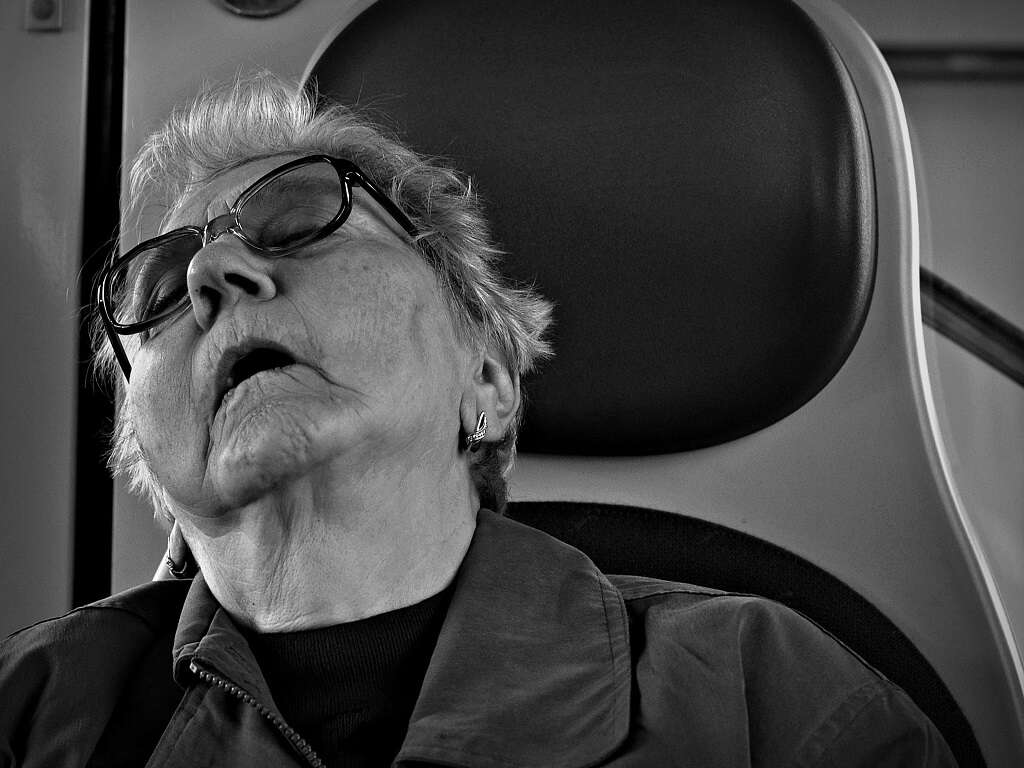10 Malaise Symptoms
 Article Sources
Article Sources
- 1. Eccles, Ron. 'Understanding the symptoms of the common cold and influenza.' The Lancet. Infectious diseases, vol. 5,11 (2005): 718-25. doi:10.1016/S1473-3099(05)70270-X
- 2. Silberstein, Stephen D. 'Migraine.' Lancet, vol. 363,9406 (2004): 381-91. doi:10.1016/S0140-6736(04)15440-8
- 3. Alexander, Jeanne Leventhal et al. 'Arthralgias, bodily aches and pains and somatic complaints in midlife women: etiology, pathophysiology and differential diagnosis.' Expert review of neurotherapeutics, vol. 7,11 Suppl (2007): S15-26. doi:10.1586/14737175.7.11s.S15
- 4. '''Depression (major Depressive Disorder) - Symptoms and Causes.' Mayo Clinic, 3 Feb. 2018, www.mayoclinic.org/diseases-conditions/depression/symptoms-causes/syc-20356007
- 5. Leung, Alexander Kc, and Kam Lun Hon. 'Motion sickness: an overview.' Drugs in context, vol. 8 2019-9-4. 13 Dec. 2019, doi:10.7573/dic.2019-9-4
- 6. Luken, Michelle, and Amanda Sammons. 'Systematic Review of Mindfulness Practice for Reducing Job Burnout.' The American journal of occupational therapy, vol. 70,2 (2016): 7002250020p1-7002250020p10. doi:10.5014/ajot.2016.016956
- 7. Dragoş, Dorin, and Maria Daniela Tănăsescu. 'The effect of stress on the defense systems.' Journal of medicine and life, vol. 3,1 (2010): 10-8
- 8. Chronic Fatigue Syndrome - Diagnosis and Treatment.' Mayo Clinic, 24 Sept. 2020, www.mayoclinic.org/diseases-conditions/chronic-fatigue-syndrome/diagnosis-treatment/drc-20360510
- 9. Kelly, Kristen et al. 'Allergies, asthma, and psychopathology in a nationally-representative US sample.' Journal of affective disorders, vol. 251 (2019): 130-135. doi:10.1016/j.jad.2019.03.026
- 10. Jang, Eun-Hye et al. 'Analysis of physiological signals for recognition of boredom, pain, and surprise emotions.' Journal of physiological anthropology, vol. 34,1 25. 18 Jun. 2015, doi:10.1186/s40101-015-0063-5
Everyone gets the feeling that something just isn't right from time to time, and it can be hard to pinpoint exactly what's going on with the body or mind. A person may feel discomfort, weakness and generally unwell. That feeling is called malaise, and it usually indicates the body is starting the process of fighting an illness.
It's not unusual to have malaise and then come down with a cold or flu a few days later. Being attuned to the body is a good way to be proactive against illness, and paying attention to malaise may help shorten the illness or recovery time.
Feeling Unwell
When the body detects a foreign microbe that's dangerous, the immune system immediately responds by identifying and attacking the intruder. Malaise usually appears alongside a cold or flu. Not feeling well is a symptom of malaise and indicates that something isn't right inside the body.
With a regular cold, symptoms start to appear a few days after exposure. When exposed to a flu-like illness, symptoms can appear sooner. The normal course of a cold or flu-like illness is seven to 10 days, depending on the type. Malaise can continue throughout the illness period.1Eccles, Ron. ‘Understanding the symptoms of the common cold and influenza.’ The Lancet. Infectious diseases, vol. 5,11 (2005): 718-25. doi:10.1016/S1473-3099(05)70270-X

Headache
Headaches can be associated with malaise and a common occurrence when a person isn't feeling well. Most people can take over-the-counter pain relief medication to quell a headache, but occasionally, headaches can become almost unbearable.
Malaise usually goes away when the headache does. However, for those with migraines, malaise can intensify into debilitating pain. Migraines are among the top disabling conditions and can affect a person's work and home life.2Silberstein, Stephen D. ‘Migraine.’ Lancet, vol. 363,9406 (2004): 381-91. doi:10.1016/S0140-6736(04)15440-8

Aches and Pains
Aches and pains can be experienced along with malaise. People with osteoarthritis and other joint or muscle conditions are predisposed to malaise because of chronic pain. Feelings of malaise in women can increase between perimenopause and menopause due to hormonal changes. For men, malaise can increase as they age.3Alexander, Jeanne Leventhal et al. ‘Arthralgias, bodily aches and pains and somatic complaints in midlife women: etiology, pathophysiology and differential diagnosis.’ Expert review of neurotherapeutics, vol. 7,11 Suppl (2007): S15-26. doi:10.1586/14737175.7.11s.S15
People can counteract feelings of malaise by staying active and practicing good nutrition. Having an active social life and participating in activities outside the home may benefit many people and keep malaise at bay.

Depressed Mood
Clinical depression can take a mental and physical toll on a person. Depression can cause trouble sleeping, anxiety and weight changes and interfere with day-to-day life. A doctor helps provide diagnosis and treatment. Clinical depression is different from a simple depressed mood that may accompany malaise. Undiagnosed depression can lead to thoughts of unworthiness, hopelessness and even suicide.4’'’Depression (major Depressive Disorder) - Symptoms and Causes.’ Mayo Clinic, 3 Feb. 2018, www.mayoclinic.org/diseases-conditions/depression/symptoms-causes/syc-20356007
It's critical to speak to a physician about concerns of depression, as medication and therapy can help lessen or alleviate the condition.

Dizziness or Motion Sickness
Dizziness can be a symptom of malaise, particularly for people who experience frequent ear infections or fluid in the ears, which is known as otitis media. Motion sickness can encompass a multitude of physical symptoms, including malaise, nausea, headache and blurred vision.5Leung, Alexander Kc, and Kam Lun Hon. ‘Motion sickness: an overview.’ Drugs in context, vol. 8 2019-9-4. 13 Dec. 2019, doi:10.7573/dic.2019-9-4
Dizziness can be hard to identify among other symptoms of malaise. Most bouts of dizziness are short term and resolve on their own. If dizziness persists, see a physician to determine the cause.

Burnout
One symptom of malaise is a condition known as burnout. The mental toll of work, home or school becomes so heightened that it causes physical illness. Malaise is sometimes associated with burnout, and many people with high-pressure careers, such as healthcare, can find themselves feeling unwell without explanation.
Having a better work and life balance may help to alleviate burnout. Finding opportunities to try new activities, taking some time off or changing careers could also help resolve malaise from burnout.

Stress
Stress is another possible symptom with malaise. Feeling stressed is a normal reaction to a highly pressurized situation, such as a job, raising a family or the death of a loved one. It can cause physical and emotional pain that affects work and life.7Dragoş, Dorin, and Maria Daniela Tănăsescu. ‘The effect of stress on the defense systems.’ Journal of medicine and life, vol. 3,1 (2010): 10-8
People can manage stress by taking time to focus on the well-being of their body and mind. Adding an exercise routine or choosing healthier meal options, along with relaxation techniques, can help decrease stress and rid the body of malaise.

Fatigue
Malaise can occur when the body is fatigued from a lack of quality sleep. Any type of exertion, whether physical or mental, can be followed by a period of malaise. It's important to know the difference between simply being tired and chronic fatigue syndrome.8Chronic Fatigue Syndrome - Diagnosis and Treatment.’ Mayo Clinic, 24 Sept. 2020, www.mayoclinic.org/diseases-conditions/chronic-fatigue-syndrome/diagnosis-treatment/drc-20360510
There are specific criteria to confirm a diagnosis of chronic fatigue syndrome. This condition should be monitored by a physician who may recommend medications or management techniques to help alleviate the symptoms.8Chronic Fatigue Syndrome - Diagnosis and Treatment.’ Mayo Clinic, 24 Sept. 2020, www.mayoclinic.org/diseases-conditions/chronic-fatigue-syndrome/diagnosis-treatment/drc-20360510

Allergic Reactions
Allergic reactions can cause episodes of malaise, and medications can help alleviate the effects of both. There's a link between allergic conditions and the mental and physical toll taken on the body, which results in malaise.9Kelly, Kristen et al. ‘Allergies, asthma, and psychopathology in a nationally-representative US sample.’ Journal of affective disorders, vol. 251 (2019): 130-135. doi:10.1016/j.jad.2019.03.026
Generalized anxiety disorders and post-traumatic stress can accompany systemic allergic reactions and asthma. The body's overreaction to allergens triggers malaise as well as the traditional symptoms of allergies, such as runny nose, itching and swelling.9Kelly, Kristen et al. ‘Allergies, asthma, and psychopathology in a nationally-representative US sample.’ Journal of affective disorders, vol. 251 (2019): 130-135. doi:10.1016/j.jad.2019.03.026

Boredom
Being bored isn't a health issue, but it can be a symptom of malaise. Feelings of hopelessness, apathy and disinterest can result in mental and physical malaise. Studies that simulate boredom from emotional and physical stimuli have been conducted.10Jang, Eun-Hye et al. ‘Analysis of physiological signals for recognition of boredom, pain, and surprise emotions.’ Journal of physiological anthropology, vol. 34,1 25. 18 Jun. 2015, doi:10.1186/s40101-015-0063-5
These studies suggest a significant difference in heart rate, body temperature and pulse rate between people who are outwardly engaged in an activity and those who are bored. This condition is usually self-limiting and abates quickly.10Jang, Eun-Hye et al. ‘Analysis of physiological signals for recognition of boredom, pain, and surprise emotions.’ Journal of physiological anthropology, vol. 34,1 25. 18 Jun. 2015, doi:10.1186/s40101-015-0063-5











